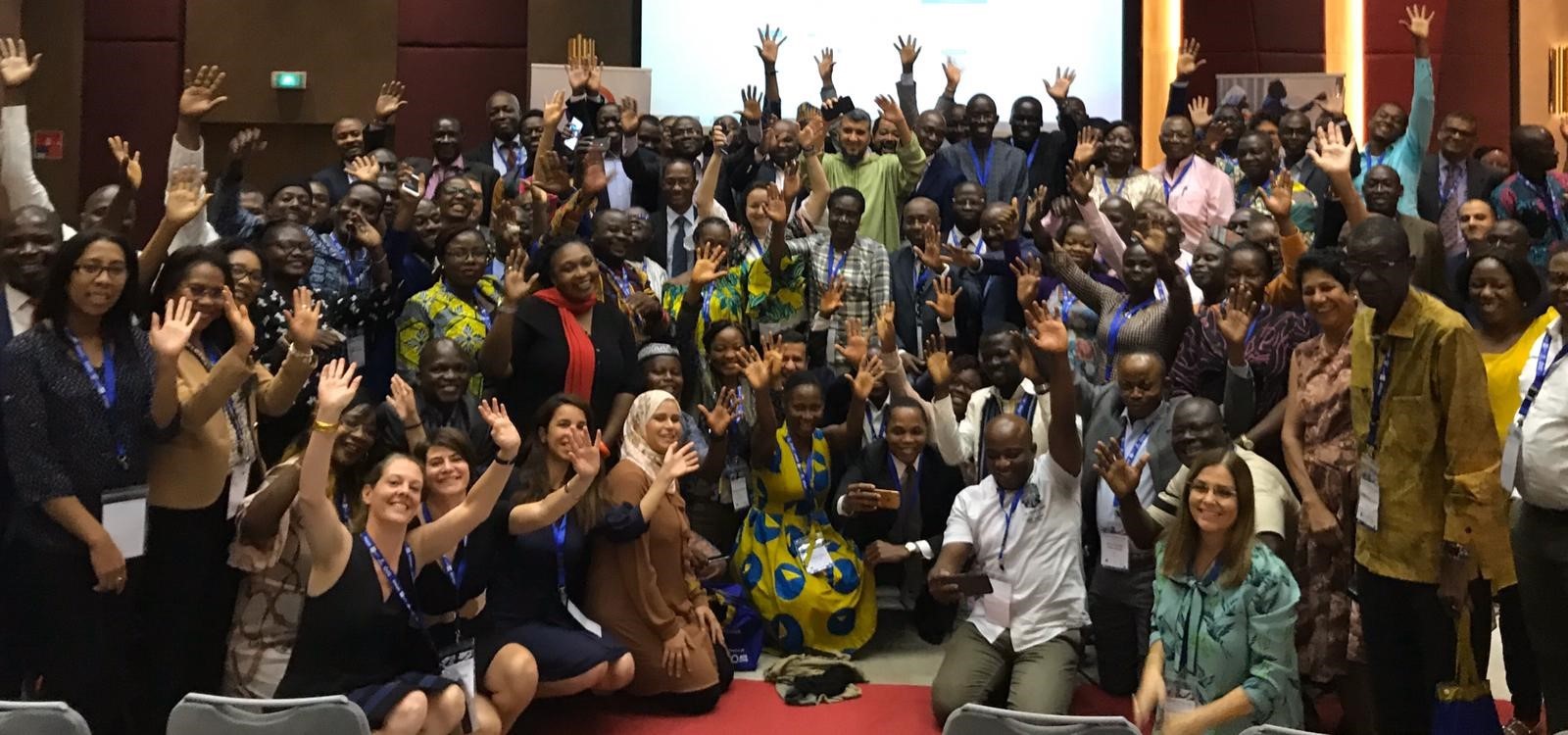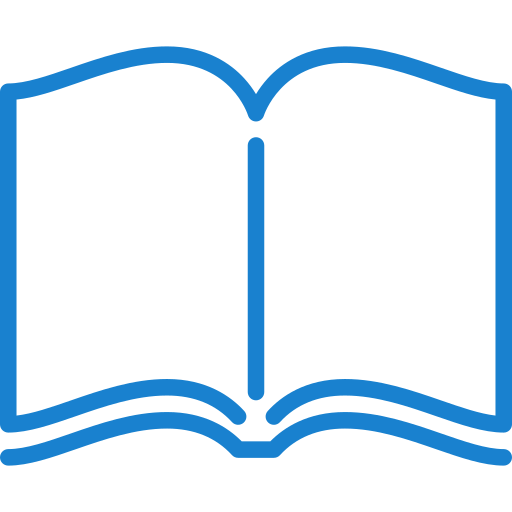Towards the creation of a network of open government practitioners in Francophone Africa
Open government is defined as a culture of governance based on public policies, innovative practices and the principles of transparency, accountability and participation, which strengthens democracy and inclusive growth. PAGOF – Open Government Support Program in Francophone Africa – supports and assists administrations and civil society (including the media) in Francophone African countries that are members of the Open Government Partnership (OGP) in the achievement of their commitments in this field.
During the 2019 PAGOF regional seminar, the discussions focused on 5 themes:
• The media, parliaments, private sector, universities and the academic world: key actors of open government;
• The right of access to information;
• Addressing the challenges of transparency and financial governance;
• From political support to citizen participation;
• Open government: the need for a local base.
South-South exchanges of experience for a pragmatic ownership of tools and methods
The main objective of the seminar was to be able to share practical and concrete open government tools in French, which could be complemented and replicated in all the countries depending on their individual specificities.
The 20 workshops highlighted successful national experiences and projects in order to learn good practices to replicate in both the administrations and civil society of each country.
A total of 20 experiences were shared, including:
• The Sunubudget in Senegal, a digital platform for budgetary monitoring, measurement and information,
• Noucharik.ma in Morocco, a platform dedicated to citizens for the preparation of draft laws,
• The methods for the implementation of the participatory budget in municipalities in Côte d'Ivoire,
• The experience of Forums for Dialogue and Community Questioning (EDIC) in Burkina Faso,
• The work of Africacheck in Senegal on investigative journalism in an open government,
• The presentation of Cafés Press Info, a tool to promote the right of access to information in the Democratic Republic of Congo (DRC).
The presentation of these tools and the discussions during the workshops allowed participants to leave with lessons to facilitate the implementation of open government methods, find practical solutions to the barriers or bottlenecks to their deployment or the understanding of them, and benefit from the knowledge and experience of others.
All the good practices presented will be published in the second Good Practice Guide for Open Government in Francophone Africa in the next few weeks.
Furthermore, during the final plenary session, a presentation was made of the #PAGOF website, which has been designed to present all the activities of the PAGOF project and gather, in the form of “toolkits”, the open government documents and links in French (practical guide, handbook, platform, good practices, tools developed…).

Creating a knock-on effect in Francophone Africa
Finally, one of the other objectives of the seminar was to create dynamics and a knock-on effect in African countries that are members of the OGP (Tunisia, Burkina Faso, Côte d’Ivoire, Morocco, Senegal) towards countries that wish to become members, by helping them to achieve the OGP membership criteria.
During these two days, 11 non-member countries of the OGP* were present and showed that they already had good practices and relevant experience in open government. They were also able to gain a better understanding of the principles underlying this concept and the barriers they may face.
 Consult all the video interviews made during the seminar (in French)
Consult all the video interviews made during the seminar (in French)
 Download the 2018 Good Practice Guide (in French)
Download the 2018 Good Practice Guide (in French)
 Follow the project news on www.pagof.fr
Follow the project news on www.pagof.fr
* Benin, Cameroon, Chad, DRC, Guinea, Mali, Madagascar, Mauritania, Mauritius, Niger, Togo.

